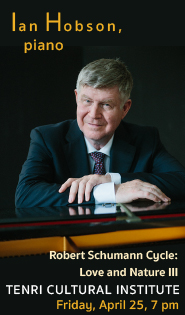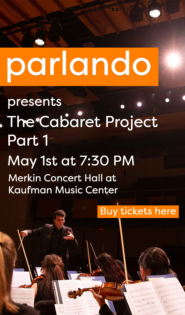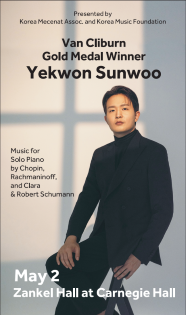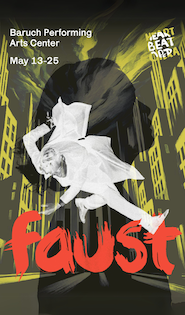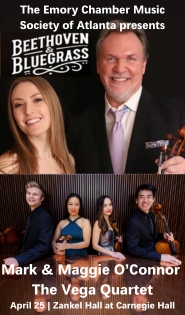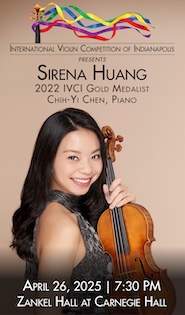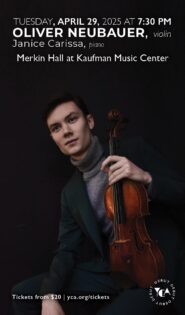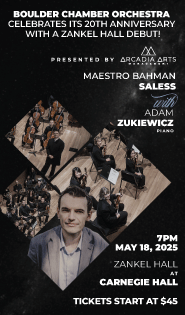English Concert and stellar cast serve up a spectacular “Orlando”
office-2007-product-key |
office-2007-ativation-key |
office-2007-iso |
office-2007-keys |
office-2010-key |
office-2010-product-key |
office-2010-ativation-key |
office-2010-iso |
office-2010-keys |
office-2013-key |
office-2013-product-key |
office-2013-ativation-key |
office-2013-iso |
office-2013-keys |
office-2016-key |
office-2016-product-key |
office-2016-ativation-key |
office-2016-iso |
office-2016-keys
office-2007-key |
office-2007-product-key |
office-2007-ativation-key |
office-2007-iso |
office-2007-keys |
office-2010-key |
office-2010-product-key |
office-2010-ativation-key |
office-2010-iso |
office-2010-keys |
office-2013-key |
office-2013-product-key |
office-2013-ativation-key |
office-2013-iso |
office-2013-keys |
office-2016-key |
office-2016-product-key |
office-2016-ativation-key |
office-2016-iso |
office-2016-keys
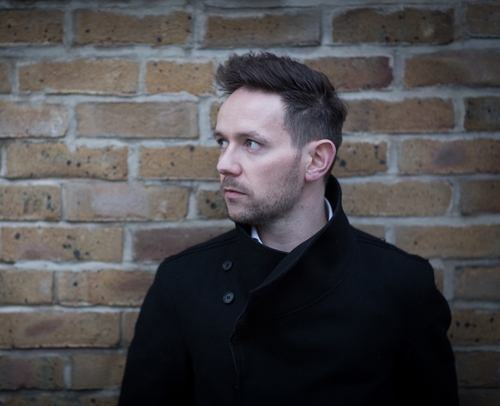 Iestyn Davies performed the title role in Handel’s “Orlando” with the English Concert Sunday at Carnegie Hall.[/caption]
Iestyn Davies performed the title role in Handel’s “Orlando” with the English Concert Sunday at Carnegie Hall.[/caption]
Like a globe-traveling relative who returns bearing marvelous gifts, the English Concert continues to appear at Carnegie Hall bearing one gorgeous Handel opera after another. This Sunday, in their first appearance here since fall 2014, Harry Bicket led the orchestra and five singers in a concert performance of Handel’s Orlando.
With Handel, the beauty of the vocal writing is a given, but Orlando digs into emotional depths that call for a different conception of beauty. Orlando is an outstanding work with showy, spectacular coloratura passages. But primarily the opera offers plain, focused lines designed to clearly and directly express text and meaning. The combination of melody and powerful harmonies, sung and played with a concentration on sound and musicality, adds a moving, emotional beauty to the ornamental sonics.
This is especially so when the opera is sung and played as finely as it was on Sunday. The cast of five—countertenor Iestyn Davies as Orlando, soprano Erin Morley as Angelica, mezzo-soprano Sasha Cooke as Medoro, soprano Carolyn Sampson as Dorinda, and bass Kyle Ketelsen as Zoroastro—was no less than excellent vocally, and often tremendous. Bicket, directing from the harpsichord, and the orchestra were their equals, playing with an emphasis on elegance, rightfully trusting that the music’s drama would come through.
Orlando, a second-hand adaptation of Orlando Furioso, is the tale of the titular knight, who loves the princess Angelica. She in turn loves the Saracen knight Medoro, one of Orlando’s enemies. Angelica and Medoro are hiding at the cottage of the shepherdess Dorinda, who in turn loves Orlando, then Medoro, then back and forth again. They are all watched over by Zoroastro, a human deus ex machina, who is minding Orlando’s fate and is happily available to resurrect the dead, which is needed for the happy ending.
Orlando is a difficult character to pull off; proud, violent, slow on the uptake and something of a comical buffoon. Davies has a lovely, rounded tone, with less edge but more complex beauty than contemporary Orlandos like Bejun Mehta. His vocal poise was impressive, whether in a highly energetic “Non fu già men forte,” or his comical moments with Dorinda.
The characterization came together in the famous mad scene, “Ah! stigle larve,” at the end of Act II. The darkness of the music sets off the character’s visions of ghosts and monsters, which are then followed by a strangely tender self-assurance. Davies was as poised as ever, and his controlled, understated drama worked.
It is the women, though, who not only get more music than the title character, but the bulk of the greatest music in the opera. Dorinda is a major presence in the music and an important dramatic foil, not only for her promiscuous attractions but as the object of Orlando’s confusion.
Sampson was fantastic throughout. Her easy, brilliant sound in all registers made every phrase sound as natural as speech. Dorinda opens the second act with the cavatina “Quando spieghi,” taken on the slower side by Bicket, perhaps to let Sampson’s youthful sparkle fill the hall. It did so spectacularly, and was a prelude to an act packed with some of the most beautiful Baroque singing heard in New York in years.
Likewise, Morley and Cooke proved an excellent pair. Though in the same range, the tint of Morley’s voice is darker than Sampson’s, and there was a clear musical differentiation between girl and woman. Cooke’s marvelous, rich sound colors her as a contralto, and was utterly convincing in the trouser role. As part of the glorious singing in Act II, their series of recitatives and arias from “Da queste amiche piante” through “Verdi piante” was beyond compelling. The experience was so ravishing that one felt the singing went on for far longer than it did, the mind hoping it would never stop.
Ketelsen’s role was far smaller, though his is the character who begins the action, and his “Lascia Amor” was vibrant. His voice shared the others’ virtues: a full, round tone without heaviness. He showed nice humor in the offhand way in which Zoroastro resolves all the plot complications.
Orlando’s Act III aria “Già l’ebbro mio ciglio” has some of Handel’s most extraordinary music. The voice is accompanied by two violas, theorbo, and a cello and contrabass, played pizzicato. Both spare and sensual, the musicians played with an aching beauty and transparency.
The English Concert Will return in April of next year, with Agrippina. After Sunday, it seems cruelly unfair to have to wait that long.
Philharmonia Baroque Orchestra performs Scarlatti’s La Gloria di Primavera in concert 7:30 p.m. May 6 at Carnegie Hall. carnegiehall.org
